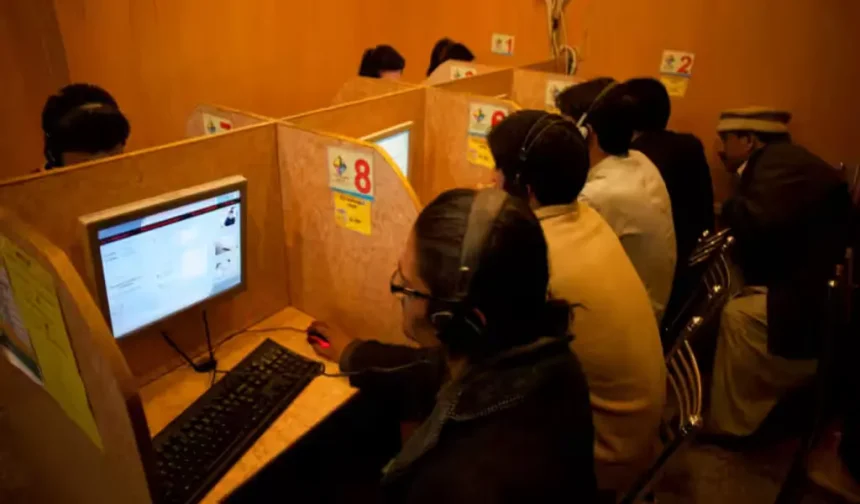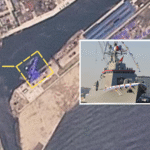(CTN News) – The government is installing an internet firewall, as acknowledged by Pakistan’s minister of information technology and telecoms on Friday. However, he dismissed concerns that the instrument could restrict free expression online, justifying its use as an improvement to cybersecurity.
It’s a framework. We are not building a physical wall, state minister Shaza Fatima Khawaja told VOA. “Nothing will be curbed by it.” The junior minister, who is presently in charge of the ministry, justified the government’s choice to put in place a national internet firewall regulation tool by claiming that cyberattacks on the nation occur regularly.
“It’s a good thing if a cybersecurity system, a capability, comes to the government,” Khawaja said during a previous press conference in answer to a query from VOA. In its most recent budget, Pakistan set aside about $70 million for a Digital Infrastructure Development Initiative.
Digital rights groups and critics fear the countrywide firewall would be used to stifle dissent. For months, Pakistani officials have made suggestions about a national censorship tool, but they have been reluctant to make a public announcement.
The announcement was made by Anwaar-ul-Haq Kakar, Pakistan’s acting prime minister, in a January interview with a TV station. “Very soon, a national firewall will be deployed,” Kakar said.
In June, VOA Urdu received confirmation from a senior government source that Prime Minister Shehbaz Sharif’s administration was developing a national tool to regulate internet firewall traffic and censor information that Pakistani internet firewall users might access.
But Sharif’s administration has played down worries about censorship while rejecting pleas for clarification. “I believe the focus of any firewall system will be data protection and cybersecurity.
At a press conference on Sunday, Minister of Information and Broadcasting Attaullah Tarar said, “As far as I know, it will have nothing to do with freedom of speech.”
The minister has already denied rumors that Pakistan was buying a Chinese internet firewall filtering device.
Cyberterrorism
The firewall is being installed at a time when the Pakistani military is being heavily criticized online for what is believed to be its participation in holding former Prime Minister Imran Khan in prison while his party is still being targeted.
The military, which rejects interfering in domestic matters, has begun referring to internet firewall detractors as “digital terrorists” recently. At a press conference this week, Pakistani military spokesman Lt. Gen. Ahmed Sharif Chaudhry stated, “Just as terrorists use weapons to get their demands met, digital terrorists use negative propaganda and fake news on social media platforms, mobile phones, and computers to create despondency to get their demands met.”
According to Chaudhry, digital terrorists now only target the military. Without mentioning Khan’s Pakistan Tehreek-e-Insaaf party, which has a strong social media following, he placed the blame on a “certain” political organisation.
Police detained the PTI’s main spokesman and several other members of the media team during a raid on the party’s offices in the Pakistani capital this week, claiming they were conducting an “anti-state campaign.”
Interruptions to services
The News, a Pakistani media site, revealed on Thursday that a test run of the firewall was the cause of recent issues users were having with sharing material using the messaging program Whatsapp, which is owned by Meta.
The independent Pakistan Telecommunication Authority’s spokeswoman declined to comment on the firewall’s installation process, stating that the agency had not received any complaints about service interruptions.
“Our procedures were obvious. They had already started operating. Malahat Obaid told VOA that “they did not falter anywhere” and speculated that the issues consumers were having could have been caused by a technical error.
So far this year, five instances of government limiting internet firewall access have been documented by cybersecurity monitor NetBlocks. The general elections in February were the cause of the disturbances.
Source: Voanews













